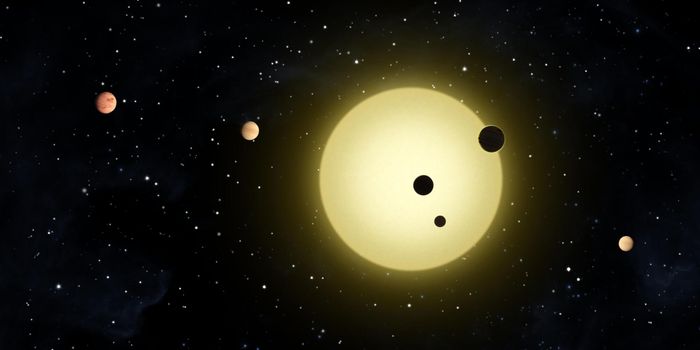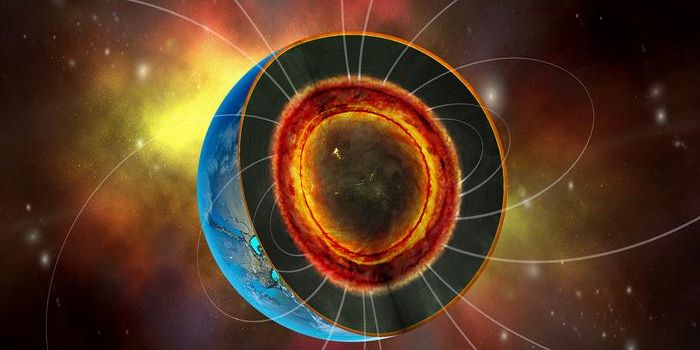More light than before?
A new study published in Monthly Notices of the Royal Astronomical Society: Letters reports an alarming amount of light pollution in the night sky from space objects. The study, led by researchers in Spain, Slovakia, and the US, is the first of its kind to investigate the overall impact of space objects on the night sky.
"Our primary motivation was to estimate the potential contribution to night sky brightness from external sources, such as space objects in Earth's orbit," said Miroslav Kocifaj of the Slovak Academy of Sciences and Comenius University in Slovakia, who led the study. "We expected the sky brightness increase would be marginal if any, but our first theoretical estimates have proved extremely surprising and thus encouraged us to report our results promptly."
Indeed, based on models of active satellites and debris such as spent rocket parts, the team reports that space objects in Earth’s orbit could elevate the overall brightness of the night sky by over 10% of natural light levels for a significant portion of the planet, categorizing much of the globe as light polluted.
"Unlike ground-based light pollution, this kind of artificial light in the night sky can be seen across a large part of the Earth's surface," explained co-author John Barentine, of the International Dark-Sky Association. "Astronomers build observatories far from city lights to seek dark skies, but this form of light pollution has a much larger geographical reach."
One of the factors impacting light pollution is the groups of communications satellites called mega-constellations. Information from the US National Science Foundation and the United Nations Office for Outer Space Affairs has classified mega-constellations as a threat to astronomy facilities on the ground and in low-Earth orbit due to their impacts on optical and radio astronomical facilities used by astronomers. But, as the scientists say, the night sky is under threat not just for them as scientists, but for everyone who enjoys looking up at the stars. They hope their findings will encourage more conversation about what is at risk from orbiting space objects.
"Our results imply that many more people than just astronomers stand to lose access to pristine night skies," Barentine said. "This paper may really change the nature of that conversation."
Sources: Monthly Notices of the Royal Astronomical Society: Letters, Science Daily








